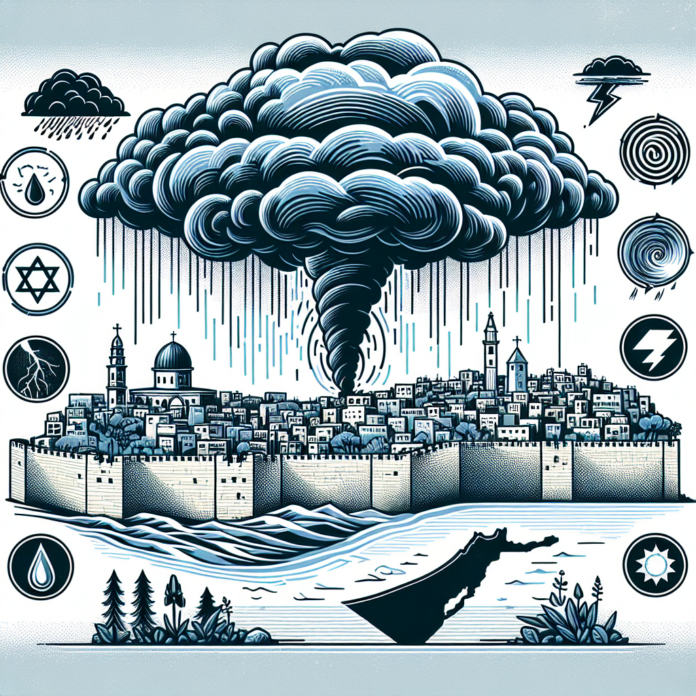Is Israel Prepared for Severe Natural Disasters
“`html
Impending Catastrophe: Is Israel Prepared for Severe Natural Disasters?
As climate change intensifies, countries around the globe are grappling with the increasing frequency and severity of natural disasters. Israel, located in a region marked by geological instability and extreme weather patterns, faces unique challenges in disaster preparedness and response.
The nation is vulnerable to a variety of natural events, including earthquakes, floods, and heatwaves. Experts warn that the risk of these disasters is rising, and the potential consequences could be catastrophic for the population and infrastructure.
Seismic Threats
Israel lies along the boundary of the Arabian and Eurasian tectonic plates, making it susceptible to seismic activity. The last major earthquake in the region occurred in 1927, and many experts believe that another significant quake is overdue. The Israeli government has recognized this threat and has implemented building codes designed to withstand seismic events. However, many older structures remain vulnerable, and there is ongoing debate about the adequacy of current measures.
Flooding and Water Management
Recent years have seen an increase in torrential rains that often lead to flash floods, particularly in urban areas. The government has invested in improving drainage systems and flood prevention infrastructure, yet many cities still struggle with inadequate preparation for sudden downpours. Climate change is expected to exacerbate these conditions, making effective water management a critical component of disaster readiness.
Heatwaves and Public Health
With rising global temperatures, Israel is also facing the threat of extreme heatwaves. Such events can strain public health systems and infrastructure, particularly affecting vulnerable populations such as the elderly and those with pre-existing health conditions. The government has initiated public awareness campaigns and created emergency response plans to address heat-related health issues, but more comprehensive strategies are needed to ensure community resilience.
Community Preparedness and Education
One of the most vital aspects of disaster preparedness is community involvement and education. Various organizations are working to raise awareness about the risks associated with natural disasters and the importance of preparedness. Training programs and drills can empower citizens to respond effectively in emergencies, reducing panic and confusion during actual events.
Conclusion
While Israel has made strides in disaster preparedness, the increasing frequency of natural disasters poses a significant challenge. Continuous investment in infrastructure, community education, and emergency response strategies is essential to mitigate the risks associated with severe natural events. As the climate crisis unfolds, proactive measures will be crucial in safeguarding the nation against the impending threats that lie ahead.
“`


